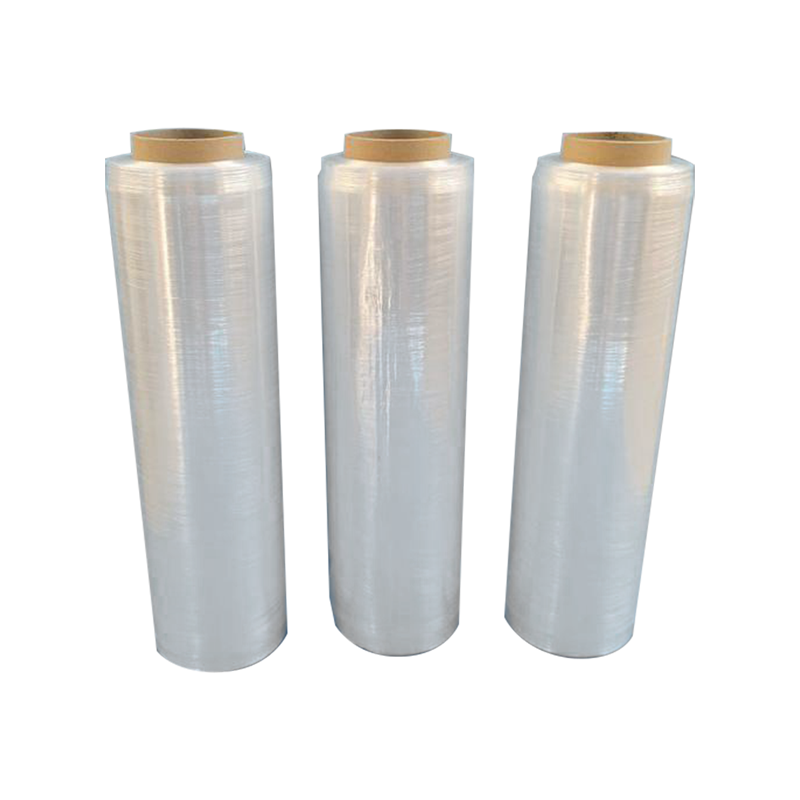What sustainable practices or materials are used in manufacturing the Breathable Perforated Wrapping Film?
In today's global marketplace, the demand for sustainable packaging solutions is growing rapidly as businesses strive to reduce their environmental footprint. One innovative response to this demand is the development of Breathable Perforated Wrapping Film, a packaging solution designed to enhance product freshness while minimizing environmental impact. Central to its appeal is the incorporation of sustainable manufacturing practices and materials that support ecological responsibility throughout its life cycle.
Recycled Materials
A cornerstone of the film's sustainability profile lies in its use of recycled materials. By integrating post-consumer recycled content into its production, manufacturers significantly reduce the reliance on virgin plastic materials. This not only conserves natural resources but also diminishes the environmental burden associated with plastic waste accumulation.
Biodegradable Additives
Another notable feature is the inclusion of biodegradable additives in some formulations of the Breathable Perforated Wrapping Film. These additives facilitate the breakdown of the film under appropriate conditions, such as in composting environments. This characteristic underscores a commitment to reducing the film's persistence in the environment after its useful life, addressing concerns about plastic pollution.

Energy Efficiency and Emissions Reduction
Manufacturers adopt energy-efficient production processes and equipment to minimize energy consumption during manufacturing. By optimizing energy use, they reduce greenhouse gas emissions and air pollutants, further contributing to the film's overall sustainability credentials.
Water Management and Environmental Standards
Effective water management practices and adherence to stringent environmental standards are also integral to sustainable manufacturing. Minimizing water usage and implementing responsible wastewater management protocols help mitigate water-related environmental impacts associated with production processes.
Certifications and Life Cycle Assessment
Certifications play a crucial role in verifying the film's adherence to sustainable practices. Compliance with standards such as ISO 14001 (Environmental Management System) ensures that environmental considerations are systematically integrated into manufacturing operations. Moreover, conducting life cycle assessments (LCAs) enables manufacturers to evaluate and minimize the film's environmental footprint across its entire life cycle—from raw material extraction to end-of-life disposal or recycling.
Circular Economy Initiatives
Embracing circular economy principles, the Breathable Perforated Wrapping Film supports initiatives that promote recycling and reuse. By designing products with recyclability in mind and participating in recycling programs, manufacturers contribute to closing the loop on plastic waste and extending the life cycle of materials.
In conclusion, Breathable Perforated Wrapping Film exemplifies a sustainable packaging solution that embodies innovation in materials and manufacturing practices. Through the integration of recycled materials, biodegradable additives, energy efficiency measures, and adherence to rigorous environmental standards, this film offers businesses an environmentally responsible option for protecting and transporting goods. By choosing products like Breathable Perforated Wrapping Film, businesses can align their packaging strategies with sustainability goals, contributing to a healthier planet for future generations.


 English
English 中文简体
中文简体 Español
Español


















